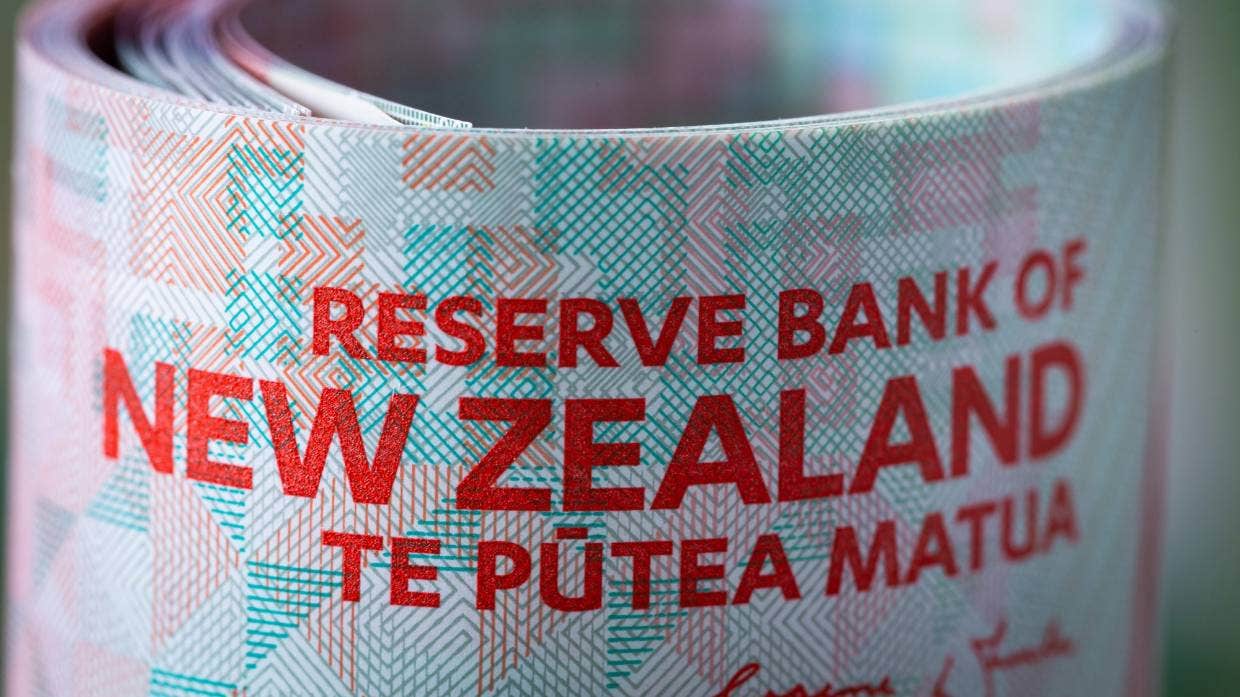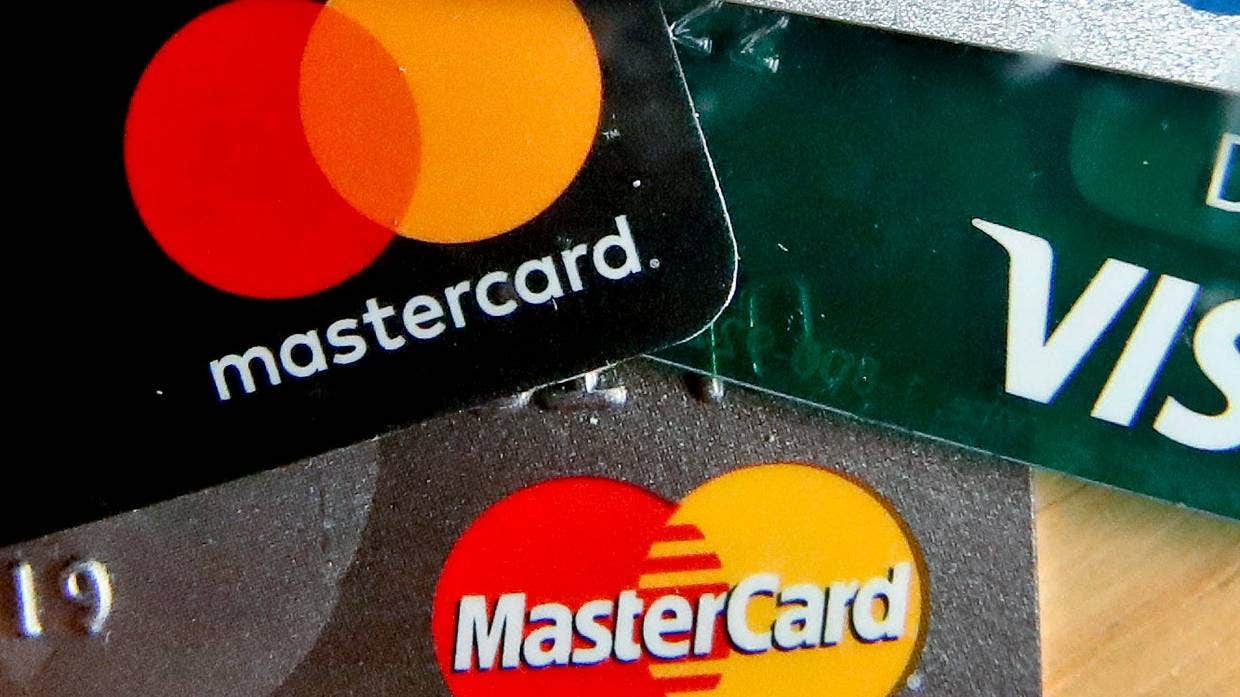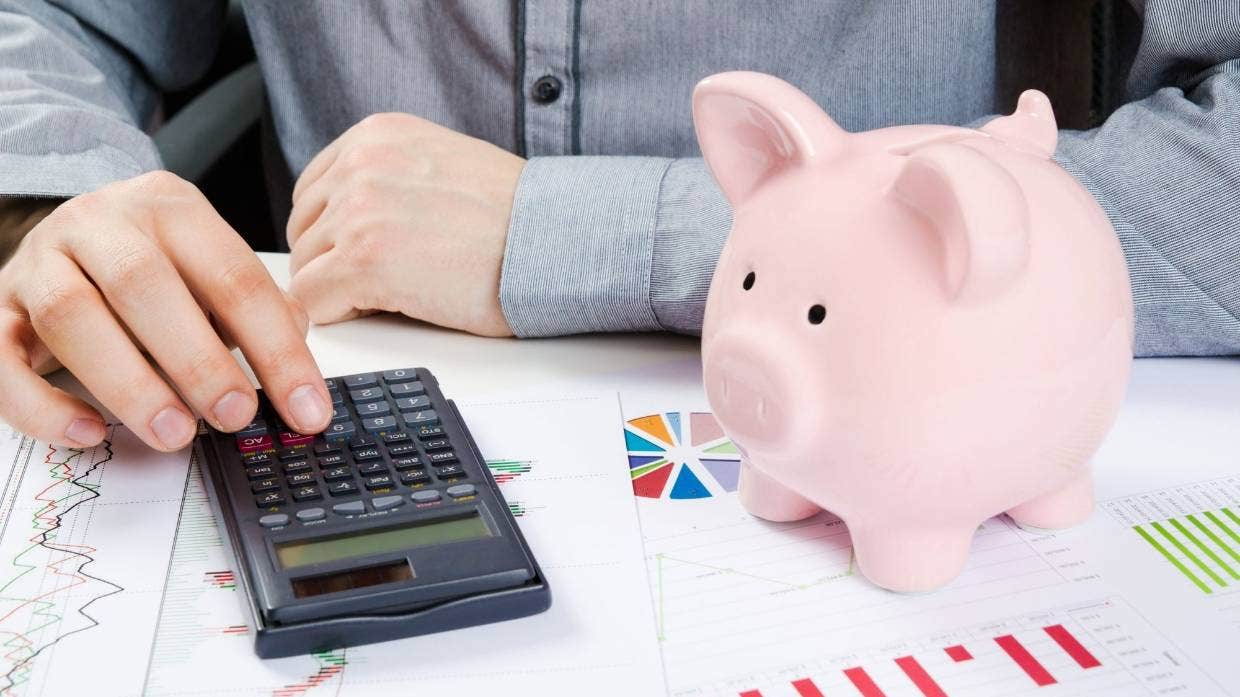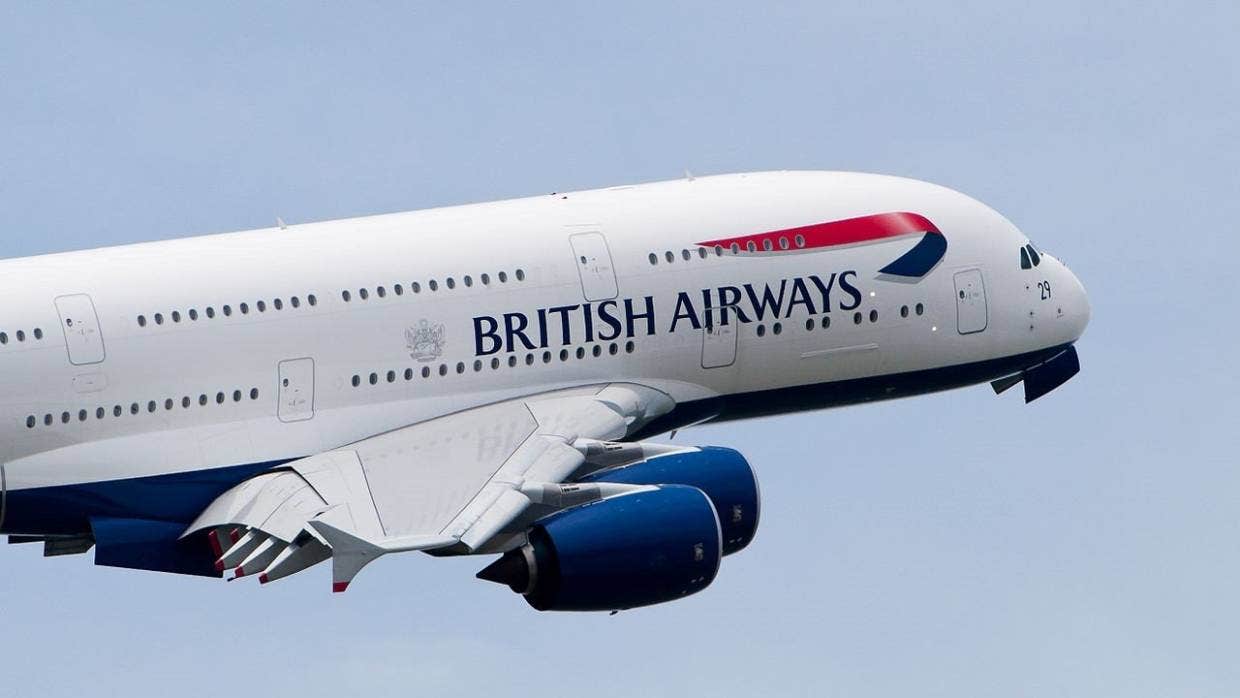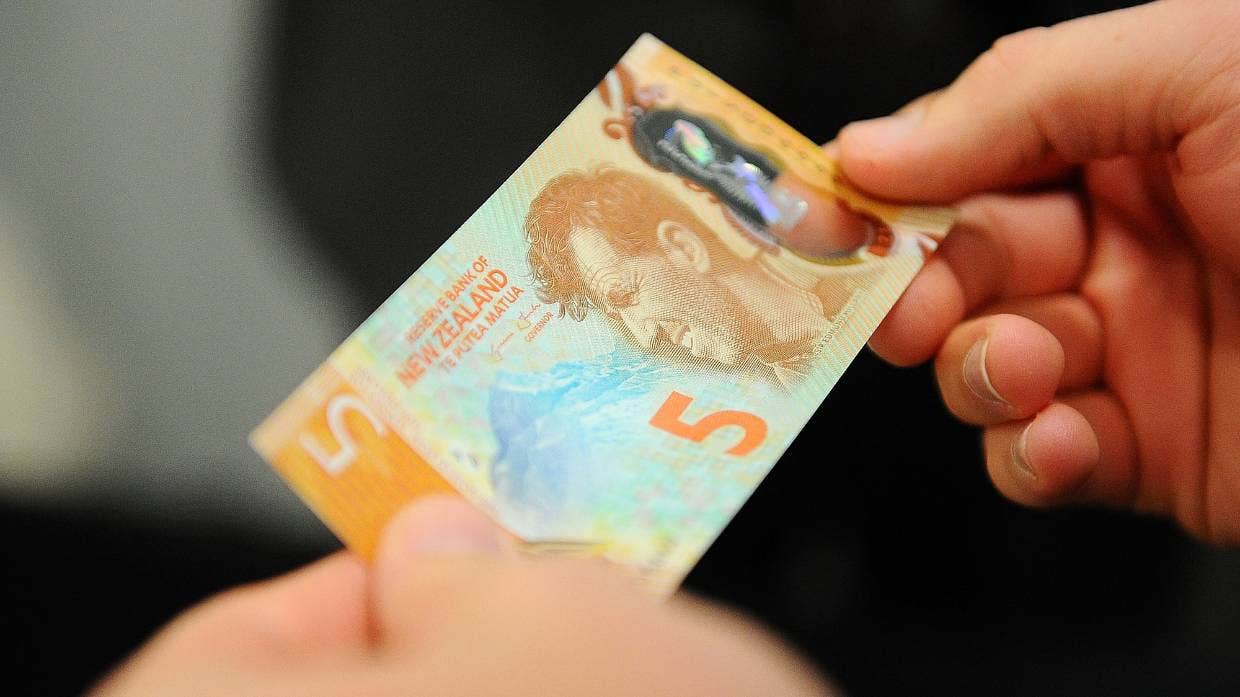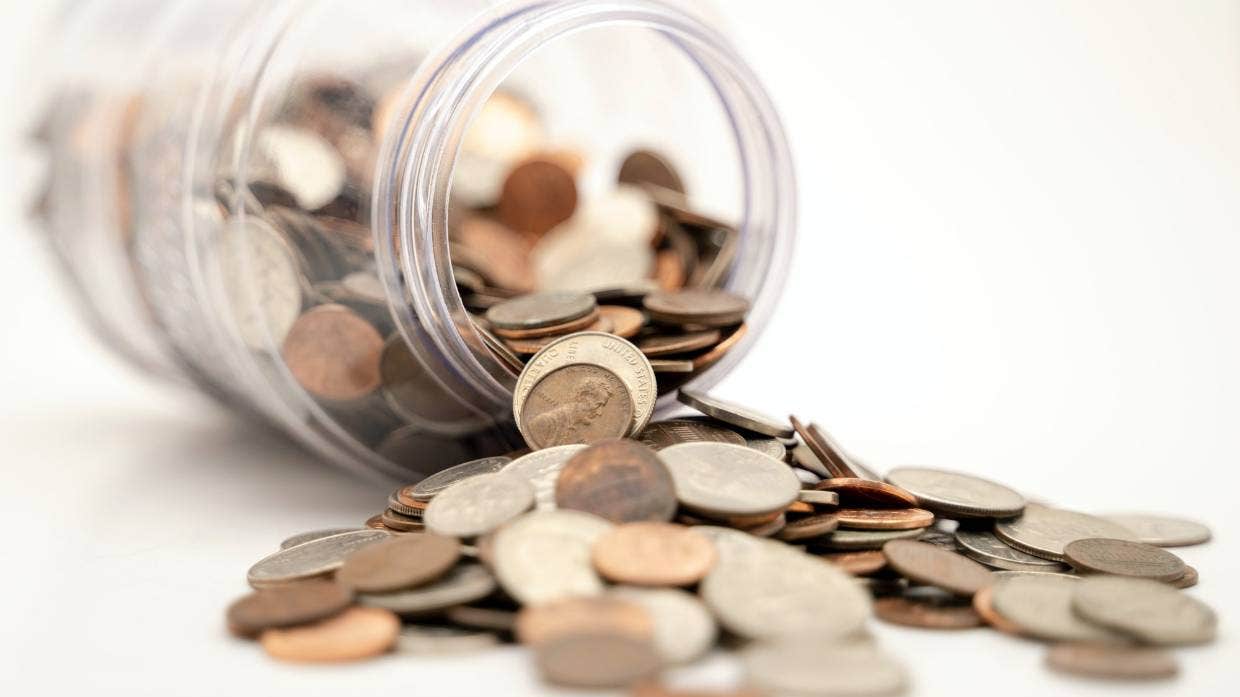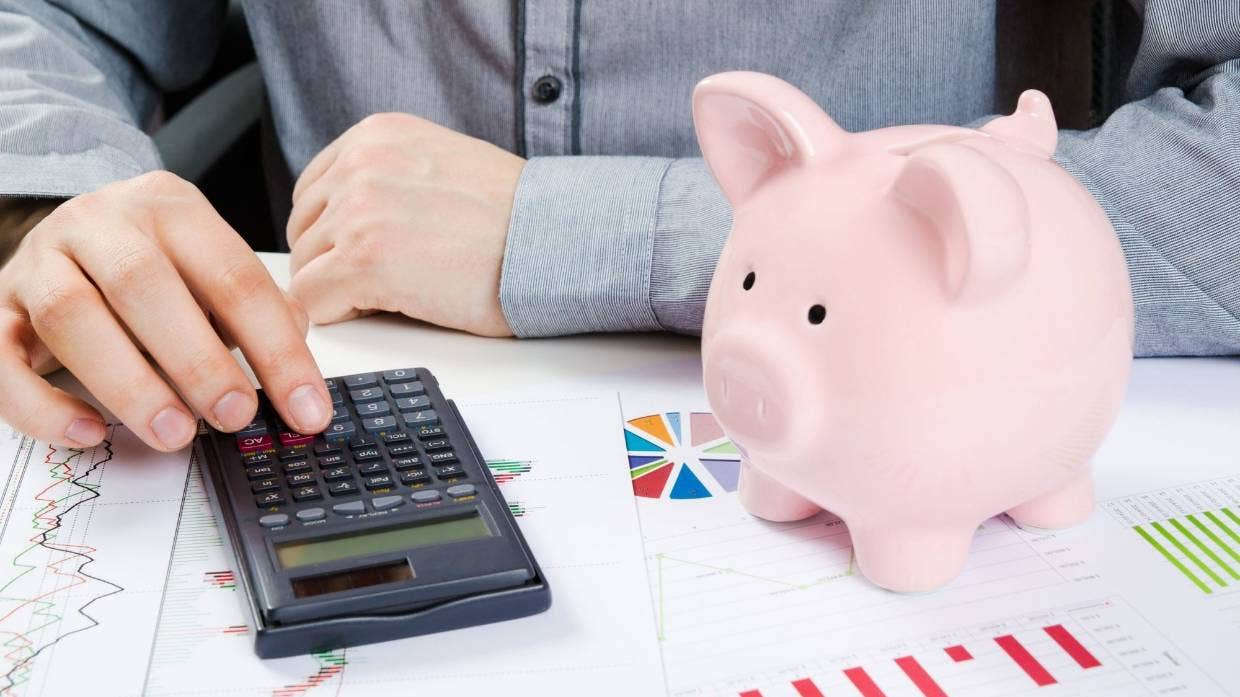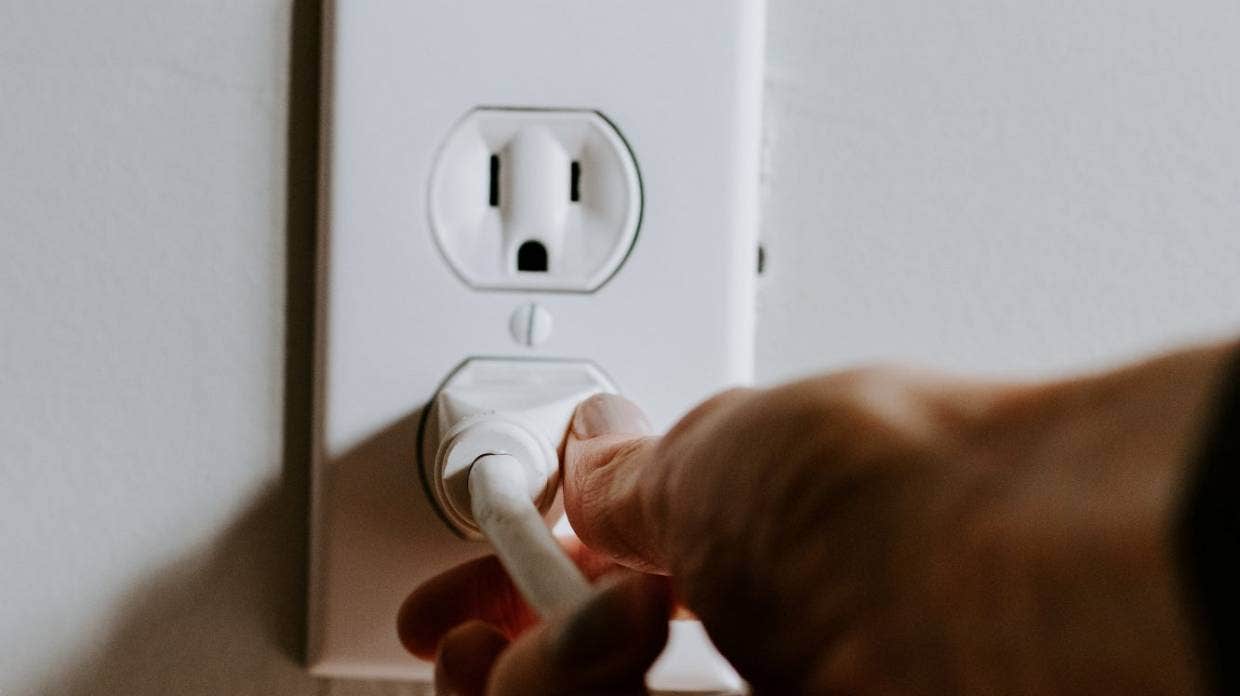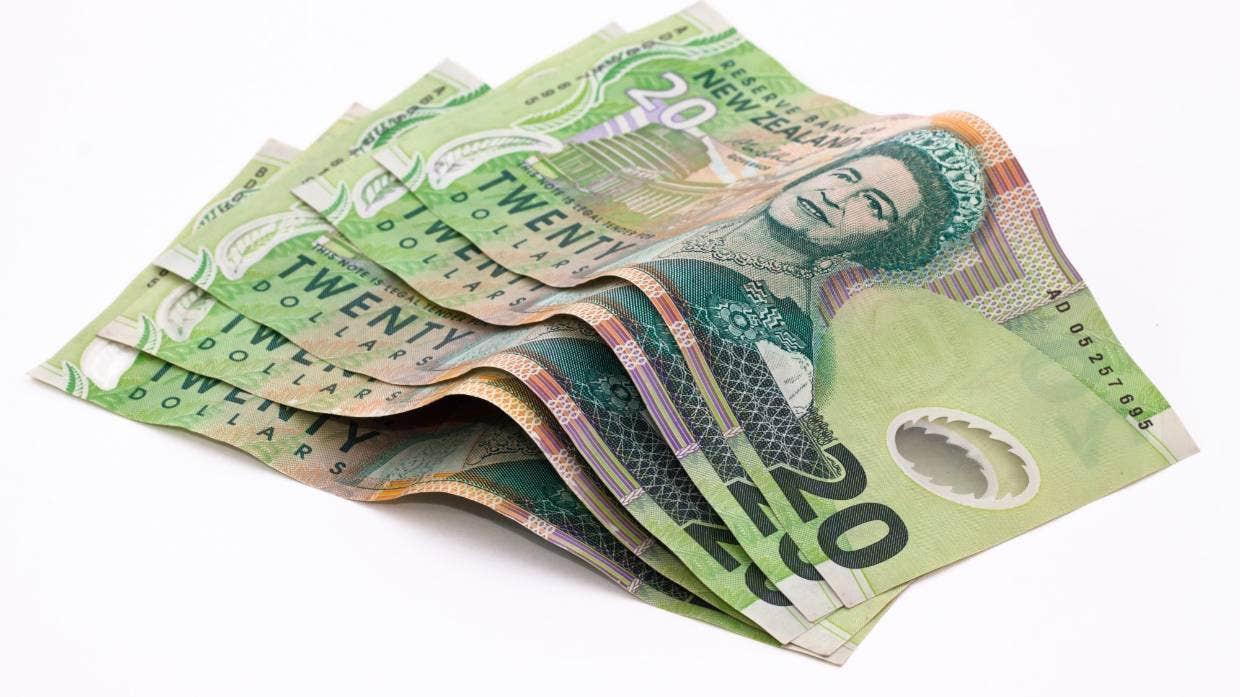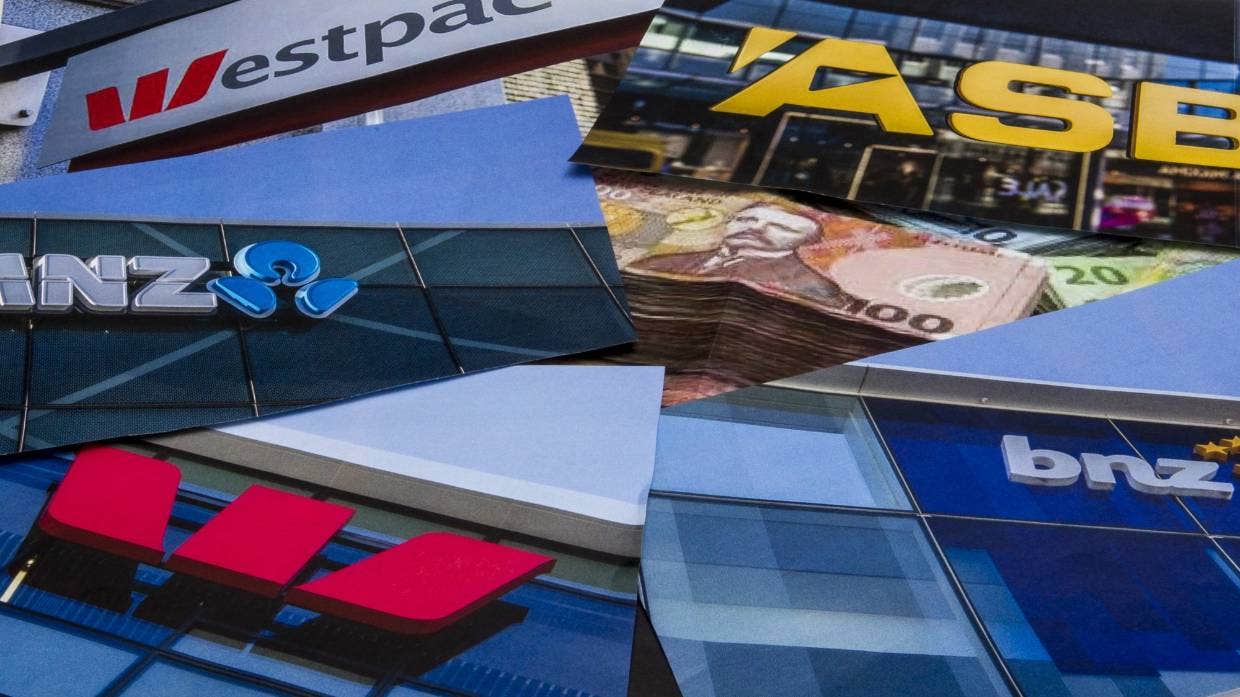Christopher's Personal Finance Stuff.co.nz Column
Christopher's fortnightly column tackles topics like KiwiSaver, investing, savings accounts, money saving and money
How $100 a month can transform your life
|
The start of a new year is a perfect time to consider investing rather than spending some of your monthly salary.
Depositing $100 a month into a solid investment will probably deliver a lot of upside over 30 years when you consider compounding returns. While the NZX remained flat in 2021, many locally managed funds reported 15 per cent plus and even 30 per cent plus returns as they looked for overseas and niche local opportunities. Date: 15 January 2022
|
Free financial Christmas presents to help you do more with your money
|
Christmas is when card machines go brrrrr, but if you're looking to do more with your money and set yourself up for a strong 2022, I've put together a list of free financial products that offer serious value.
Best of all, there's no catch – they're all listed to improve your financial wellbeing. Date: 11 December 2021
|
How to pay off credit card debts (on an average salary)
|
I open a lot of emails about credit card debt holding New Zealanders back. While it's uncertain how effective new credit legislation will be, the national credit card debt balance grows by the day.
Many people stuck in a debt trap don't think they'll ever be able to repay their credit card debt. Many others are confused about why the minimum payment they make doesn't ever seem to bring the balance down. Date: 27 November 2021
|
Kiwis spend $1.6m a day on credit card costs: here's how to get out
|
The Reserve Bank has some fascinating data on credit card spending and balances, and it's alarming to see just how much New Zealanders pay each year in credit card interest.
In 2021, the average monthly balance that is rolled over and charged interest is around $3.3 billion. What's worse is that banks charge an average interest rate of around 18 per cent a year - at a time where they offer you 0.05 per cent for a "fast" or "rapid" savings account - meaning the interest charged is up to 360 times as high as the interest paid to savers. What does all this mean? Well, in no uncertain terms, New Zealanders are spending around $600 million a year on credit card interest repayments. Date: 04 November 2021
|
Four reasons KiwiSaver is a proven provider of your financial independence
|
I recently wrote about investing mistakes and purposefully left out something I consider a big mistake worthy of a feature. In no uncertain terms, it's the decision not to join or contribute to KiwiSaver.
Not having a KiwiSaver account as an adult and not contributing and/or not getting the annual government contribution is a huge lost opportunity. The 3 per cent of your salary you forgo today as a member is immaterial compared to the treasures it brings later on. In this column, I list four reasons why KiwiSaver is a proven provider for your financial independence. If you're not a member or have dismissed it in the past, I urge you to read on. Date: 16 October 2021
|
New Zealanders' biggest investing mistakes
|
I stumbled on a discussion board that asked New Zealanders to list their investing mistakes, and I was pleasantly surprised to see the honesty exhibited.
With so many ways to lose money investing, a comprehensive list could help avoid disaster. I have spent too much time at various stages of my life overthinking investment options. In saying that, I've also rushed into unproven investments and panicked when the share price of a newly listed IPO has gone down even though the company had solid foundations. Mistakes are all around us – my list below outlines what you need to know. Date: 07 October 2021
|
Pivot like an airline: Here's what you can learn from the aviation sector's Covid response
|
It has been a difficult time for airlines since March, but many have dug deep to save money and sell off assets they don’t need.
Nothing is off the table – they’re flogging everything, from valuable artworks down to bags of nuts. They are also hiring out simulators and sub-letting their office space. Airlines are genuinely trying to adapt to their predicament and save money to ensure survival. While wage subsidies, low-interest rates and targeted loans and grants have kept our economy rolling along, the money flow probably won’t last forever. Cash is always king – if you lack a reliable and regular inflow, or just need a top-up, the airline initiatives offer some inspiration for anyone looking to save money. As we’re only six-months into Covid-19, airlines have wasted no time in cutting back. My list below outlines easy to action quick-wins inspired by the airlines that will help you save and thrive in these uncertain times. Date: 02 October 2021
|
It's time to stop accepting zero returns from savings accounts
|
Last week, I had an email from a MoneyHub user who believed he had earned about 70 cents over five months from a balance of $5000 in his savings account.
He happily supplied the statement, and after analysing it, I found that although it seemed confusing at first, the calculation appeared to be correct. When you take the rate of 0.05 per cent interest a year and apply it to $5000 for five months, and then deduct tax, you are left with approximately 70 cents interest. Even though interest rates are low, advertising a savings account that pays 0.05 per cent as “no fuss” does seem wrong. I also take issue with the term “rapid save” to describe an account paying 0.15 per cent. Date: 23 September 2021
|
KiwiSaver fees – the myths, the truth and your reality
|
KiwiSaver fees remain contentious, even as global markets rally to new heights and bring sudden (and not insignificant) balance boosts to KiwiSavers.
But what has become apparent from recent fund performance data is that hefty fees and significant returns do not always correlate. SuperLife, Juno, Booster, Fisher Funds, Milford, and Pathfinder were top performers for KiwiSaver growth funds in the 12 months to June 30, 2021. But data shows that the high-performers are not always charging the most expensive fees. For example, SuperLife's Overseas Shares Fund returned a whopping 38.13 per cent to investors and charged a 0.57 per cent per-annum fee. Contrast this to Summer's Global Equities fund, which returned 17.35 per cent and charged a 0.90 per cent per-annum fee. Date: 05 September 2021
|
Beware the hidden money-sucking Draculas
|
It may be obvious to many, but I can't say it enough – affordable repayments and affordable loans are not the same thing.
Low-priced repayments are all too often underpinned by long repayment terms and high interest rates. The friendly fortnightly or monthly repayment numbers often disguise the real costs. Two products in particular can be money Draculas when you don't look beyond the repayment amount: car finance and long-term finance cards. Date: 24 July 2021
|
How to fatten up your KiwiSaver balance
|
I love KiwiSaver, and I’m thrilled with how much the market has improved since its rather dull beginnings in 2007.
We’ve now got low-fee index champions like Superlife and Simplicity, innovative investors like Booster and prominent (and proven) managers like Milford, Fisher Funds and Pie Funds (via their Juno brand), all with solid track records. Date: 03 July 2021
|
Two car insurance policies to steer away from fast
|
Here's something I know to be true. Many car yards make a lot of money from financing and insurances that are sold as an add-on when purchasing a car.
Some of these insurances are, in my opinion, upsold on commission more than merit. In Australia, the situation got so out of control that their regulator, ASIC, launched a full investigation into the fleecing. Date: 12 June 2021
|
Four free online tools for investors
|
Investments get a lot of talk – what’s best, what’s the most expensive and what’s downright awful – but very few potential (and current) investors are prepared to compare their numbers.
There are so many free tools to help investors understand what they’re investing in and how the investment performed. Without knowing how much money has been made (or lost), it’s near-impossible to make informed decisions. My view is simple – the more familiar you are with the tools, the more thorough your investment decisions will be. With the four tools below, you can be guided by numbers without the distraction of narrative. There are so many free and arguably essential tools to help investors understand what they’re investing in and how the investment performed. Without knowing how much money has been made (or lost), it’s near-impossible to make informed decisions. Date: 05 April 2021
|
Why is comparing electricity so unnecessarily complicated?
|
Many MoneyHub users have asked us about what electricity provider is the cheapest. The answer isn’t simple – it depends on where you live and whether you’re a low user or a standard user. But even then, there’s a lot of ways the industry makes it near-impossible to compare like for like.
These complications are best demonstrated with an example. Let’s take Mike and Fran*. They live in Wellington and want to know the best electricity retailer for their sunny Ngaio home. They have about ten choices, but to compare with any precision, they need to build a multi-column spreadsheet. This spreadsheet will need to have formulas that adjust for GST and other inconsistencies to price each provider fairly. Then, once all the quotes are in place, Mike and Fran will need to go into the fine print to consider and factor in the value of sign-up bonuses, early payment discounts and free hours of power. All of this raises many questions, including whether a $150 credit is better than a 10 per cent early payment discount or a free hour of power every day. Date: 16 March 2021
|
Top five money tips for students
|
With university classes resuming this week, money (or lack thereof) will be on the minds of tens of thousands of students.
Whether you’re studying from home or attending university in another city, here are five must-know tips to let you focus your efforts on study and not on money. Date: 05 March 2021
|
So you want to be a millionaire...
|
I’m routinely asked by MoneyHub users the best way to secure financial freedom.
We’ve published a tool that estimates if and when you’ll be a non-housing millionaire. So far, it has been incredibly popular with our users. But how do you get ahead – is it shares, is it day trading, is it property? My view is that it’s a bit of everything and “upgrading” your current “financial performance” with simple but effective tweaks. It’s the boring stuff that is the most effective – picking the right KiwiSaver, cutting debt cost, spending less and investing more. Date: 13 February 2021
|
Using KiwiSaver to turn $10,000 into $361 million
|
The results are in: KiwiSaver funds reported returns of between -9 per cent and +30 per cent for the 12 months to December 31, 2020. Yet, frustratingly, many people who earned lacklustre results won’t switch in 2021.
We hear a lot of “why would I bother about KiwiSaver when I only have $10,000?” $10,000 is no small sum in the land of KiwiSaver. Let me explain why. Using a compound interest calculator, $10,000 invested for 40 years (with no further money added) earns $361 million if it can achieve an annual return of 30 per cent every year. The number is insane, but it is mathematically correct. One KiwiSaver fund, Juno Growth, returned 29.37 per cent last year. Of course, 2020’s returns (or any past performance) never indicate the future. Over 10 years, the average growth fund return is 9.5 per cent a year. Date: 27 January 2021
|
Making money on the NZX - don't get risky and emotional, be like Buffett
|
New Zealanders went crazy on sharemarket investing last year, but the trading volumes suggest a good chunk of it has a short-term focus.
For example, people buying a share at 90 cents and hoping it goes to $1.40, and, if it does, selling it. It’s risky and emotional, and I believe there is a much better way to make money. In this week's article, I apply the wisdom of the world's best investor, Warren Buffett, to local investing opportunities. While it's easy to place $100 or $200 on a speculative company using one of many investment apps like Sharesies or Hatch, real gains are made by investing in robust businesses that leave overhyped companies in the dust. Date: 12 January 2021
|
Recovering from the post-Christmas debt hangover
|
Christmas debt has arrived for many of us. But with the right money moves, you can quickly shift it.
Here are a few must-know tips that are proven to work for anyone with $1000 to $10,000 of personal debt hanging around. This includes anyone with balances owing on credit cards, short-term loans, buy-now-pay-later and/or sums owed to family and friends. Date: 29 December 2020
|
Turning $500 into $5000 — ethically
|
Ethical investing is not boring. Conversely, it’s fast becoming a popular way to achieve market-beating returns as new and innovative companies launch products and services that make the world a better place.
To demonstrate how unique products that solve real problems can be cash cows for their investors, I’ve listed three recent examples that have returned superstar results while their products and integrity compound in value. Tesla opened its long-awaited Auckland showroom in mid-2018 at a time when the share price was under US$70. With many countries banning the production of new petrol-powered cars within 10 years, Tesla’s rise to a US$500-plus two years later seems obvious now, given its position as a market leader. Date: 15 December 2020
|
Why now is the perfect time to reset your debt
|
Interest rates are at record lows, meaning mortgages (by way of interest repayments) have never been cheaper. Yet consumer debt costs – credit cards, store cards and long-term finance cards, have not moved in the same direction. I even received an email from a bank earlier this week telling me that a couple of their credit cards would now earn fewer Airpoints Dollars per dollar spent going forward, while their annual fee would remain the same.
At a time when wholesale funding for consumer debt is at rock-bottom prices, squeezing the consumer on Airpoints while still charging circa 20 per cent interest rates isn't reflective of the cost of borrowing. But, if you haven't considered it already, now is a great time to re-shop your existing cards and debt. There are some great deals out there that will save you money on interest costs and ongoing fees, which I outline below. Date: 30 November 2020
|
How to retire early in five practical steps
|
Early retirement sounds enticing, but how do you get there? And is it realistic? I think that the right planning, making sacrifices, controlling debt and wise investment choices can work together to achieve early retirement.
To help make the prospect a reality (and avoid sudden shocks that can derail your plans), I’ve listed five must-know action points that can get you closer to owning your time and living on your terms. Date: 13 November 2020
|
How to save $25,000 - or more - on your mortgage
|
With borders closed and spending down, those with stable jobs and some spare money have already paid down consumer debt. However, home loans will always be New Zealand’s biggest debt pile – but there’s a lot you can do to chip away at yours beyond your regular payments.
With absolute certainty, I can assure any reader that being mortgage-free as fast as possible is the right way to do things in life. And while this usually involves some sacrifices, some quick wins will make early repayment a reality. To simplify things, I’ve listed proven ways to cut mortgage costs, starting with those that are most effective and least painful. Date: 30 October 2020
|
How to avoid the sting of a parking fine
|
There has been a lot in the news about private parking fines recently, and much of it seems to suggest the gods of the parking lot are mistreating consumers.
At MoneyHub, we’re inundated with desperate pleas from disgruntled drivers looking for help in their appeal. However, rather than addressing the consequences, the time has come to look at the cause. Today I’m outlining five must-know steps to avoid parking breaches altogether by playing by the rules. If you’re a chancer, forgetful or almost always running late, this guide is for you. Date: 17 October 2020
|
Here's how to hold on to your job through a Covid crisis
|
There’s a lot of data about job losses, and it’s likely we’ll see more chaos once wage resurgence extensions end. In every corner of New Zealand, it’s make or break for some businesses and the loyal employees who show up every day to help them.
To give people the best chance of keeping their job, I’m revealing my exclusive list of tips to help you shine in the eyes of employers. Before founding MoneyHub.co.nz, I worked at an accountancy company and an investment bank – I swear that my tips make lasting impressions. Date: 19 September 2020
|
Here's how you can (maybe) get your Air NZ money back
|
Air New Zealand has been firm publicly with its policy of “credits, not refunds" for Covid-19 cancelled travel. But there are exceptions.
I have learned from MoneyHub.co.nz users that the airline is considering refunds on a case-by-case basis. Does this mean you can swap the promise of a credit for a refund on your credit card or cash? Possibly – it depends on your situation which I'll explain below. And if you can’t get a refund, I’d like to myth-bust the rumours going around about using credits. As a background, Air New Zealand is firm in its claims that it’s cash-poor. Given most of the aircraft are stuck on the ground or moving to deserts, it’s hard to not believe it. Date: 17 June 2020
|

